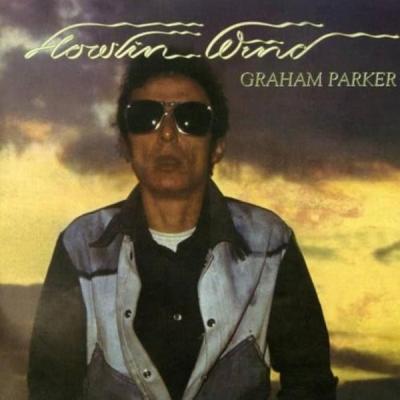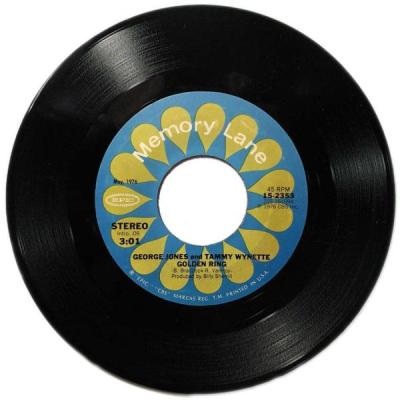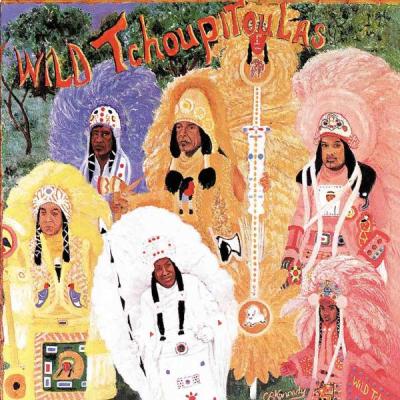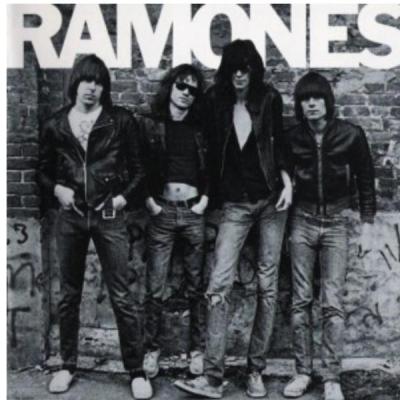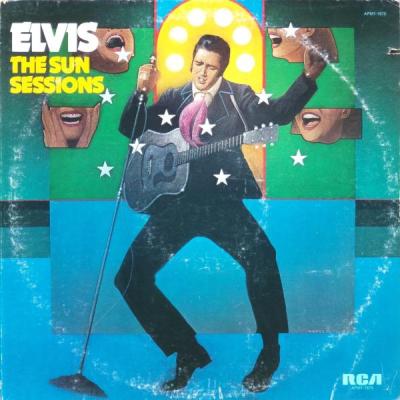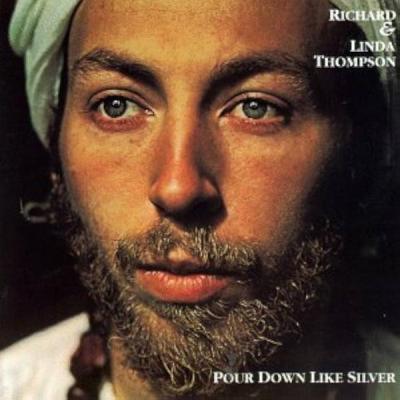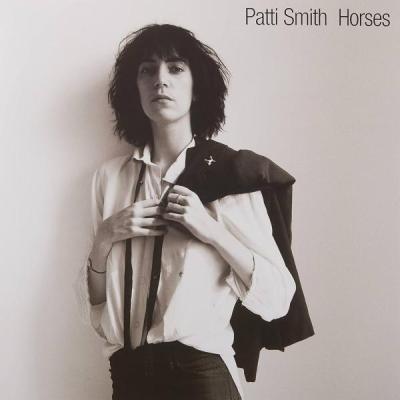

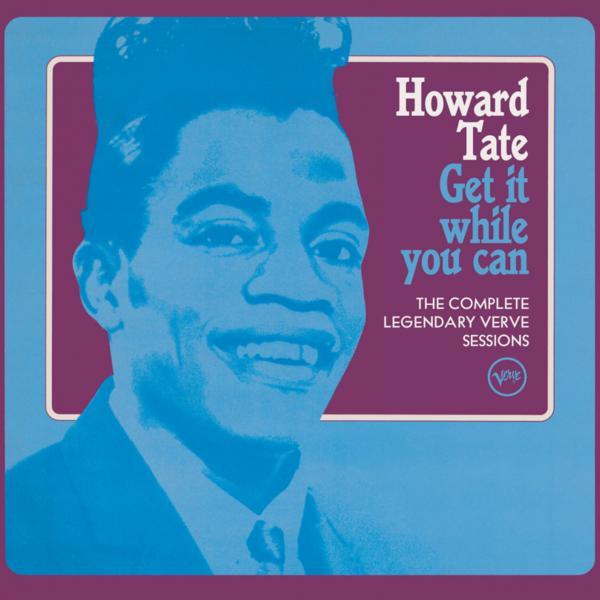
Howard Tate: Get It While You Can
Album #69 - April 1965
Episode date - July 1, 2015
It’s sad to acknowledge how America has forgotten some of our best soul artists. It’s understood that the world of popular music is ephemeral and subject to constant change, but usually history at least preserves the memory of past greatness. With soul artists, though, that often is not the case.
When perusing historical compilations of great soul singers from the past, singers like O.V. Wright, James Carr, Candi Staton, Esther Phillips, Clarence Carter, Ann Peebles and Howard Tate are usually neglected, or completely overlooked. It’s sad in each of the above cases, but particularly so in regard to Howard Tate. Working with producer/songwriter Jerry Ragavoy, Tate scored an impressive series of R&B hits, many of which would later be covered by ‘rock’ artists (Janis Joplin, Bonnie Raitt, Ry Cooder) who would enjoy significant success with their own recordings, while the originals would languish. It’s a harsh fate, and it seems as though it occurs to an inordinate number of soul artists. For a while, even superstars like Aretha Franklin and Wilson Pickett struggled to maintain their relevance, and I can’t help but consider that one of the primary reasons for this is cultural.
Another truth that’s difficult to acknowledge but also sadly true is that Black and White cultures do not mingle very much in America. As a music fan, I find this to be very distressing, because a huge percentage of my favorite music, and so a huge part of my own personal culture, comes from Black artists. Over time, the lack of interaction between races allows certain behavioral characteristics to become apparent. As a music historian, one difference that I can’t help but notice is how the music of Black artists provides inspiration for everything else that follows, but rarely, if ever, develops into something perennial. As styles develop and change, Black artists that represent the past are often relegated to a categorization that speeds their path to obsolescence.
Soul music rendered the blues obsolete, and rap did the same thing to soul music. While bands like the Rolling Stones or the Who can sell out stadiums four or five decades into their career without releasing any new music, the Black artists who inspired them languished. Once white British kids started embracing the blues, Black audiences abandoned the form – B.B. King himself could have told you how the complexion of his audience seemed to change almost overnight. The same thing happened to R&B artists, and then to soul. As ridiculous as it sounds, it was John Belushi and Dan Aykroyd who, as the Blues Brothers, revitalized the careers of Aretha Franklin, Sam and Dave, and James Brown. At his peak (this album), Howard Tate walked a very thin line that balanced blues and soul, a precarious position that could have been responsible for hastening his disappearance.
Nobody revitalized Howard Tate, at least not to any significant degree. In the ‘70s, Tate released a few records that were all but ignored, forcing his eventual retirement from music and a struggle to earn a decent living. After his teenaged daughter perished in a house fire, his world fell apart and he ended up in a homeless shelter. It wasn’t until 2001 that a resurgence in the history of soul music led to his rediscovery, mostly due to a performance at the New Orleans Jazz and Heritage Festival that served as a reminder of his past greatness. This led to his reuniting with Jerry Ragavoy for a few recordings, but Howard Tate passed away in 2011 at the age of 72.
April 1965 - Billboard: Did Not Chart
Related Shows
- 1 of 20
- ››





